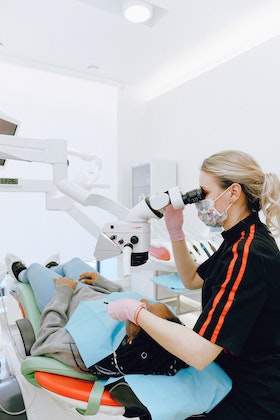The use of MDMA in therapeutic settings has been a topic of increasing interest within the medical and scientific communities. Often referred to as “ecstasy” in recreational settings, MDMA is now showing significant promise for treating a range of psychological disorders, particularly post-traumatic stress disorder (PTSD). With the advent of advanced AI technologies, the therapeutic potential of MDMA could be further realised. In this article, we delve into the intricacies of MDMA therapy and the groundbreaking intersection of this therapy with AI content.
Understanding MDMA Therapy
MDMA, or 3,4-methylenedioxymethamphetamine, is a synthetic drug known for increasing feelings of trust, affection, and empathy. Although it is often associated with rave culture and parties, there’s more to this compound than meets the eye.
When used in controlled therapeutic settings, MDMA can help patients open up, revisit traumatic events without the associated fear, and build a deeper therapeutic alliance with their clinicians. As such, MDMA-assisted psychotherapy is fast becoming an innovative approach to tackle conditions that are sometimes resistant to traditional methods.
How Can AI Enhance MDMA Therapy?
The integration of AI content into therapeutic settings can provide several advantages:
- Personalisation: AI can tailor therapeutic content based on an individual’s reactions and responses during a session. This can lead to more effective and individualised therapies.
- Data Analysis: By monitoring biometrics and feedback during therapy sessions, AI can offer insights into a patient’s progress, helping therapists adjust their approach accordingly.
- Augmented Reality (AR) and Virtual Reality (VR): When combined with MDMA therapy, AR and VR can create immersive environments that can be controlled in real-time, enabling therapists to facilitate healing experiences.
For instance, if a patient is revisiting a traumatic event in a war zone, AI can generate a VR environment mimicking that setting. Under the influence of MDMA, the patient can confront and process these memories in a controlled, safe, and supportive environment.
Moreover, the use of AI can also help in tracking long-term progress and offering post-session content for patients, like meditation guides, coping mechanisms, or relaxation techniques.
The Potential Drawbacks
It’s essential to consider the possible pitfalls of integrating AI with MDMA therapy. A primary concern is privacy. Ensuring that sensitive patient data is securely stored and not misused is paramount.
Additionally, while AI can offer incredible tools and insights, human touch and understanding are irreplaceable in therapy. Relying too heavily on technology could risk diluting the deeply personal and empathetic nature of therapeutic relationships.
Conclusion
The marriage of MDMA therapy with AI content presents an exciting frontier in the world of psychotherapy. The potential benefits—ranging from highly personalised therapeutic experiences to more efficient tracking of patient progress—are vast. However, as with all innovations, it’s crucial to proceed with caution, ensuring that the technology serves as an enhancement, not a replacement, for human touch and understanding. As the field progresses, we might be on the cusp of a new era in mental health treatment, where cutting-edge technology meets the age-old quest for healing and understanding.


